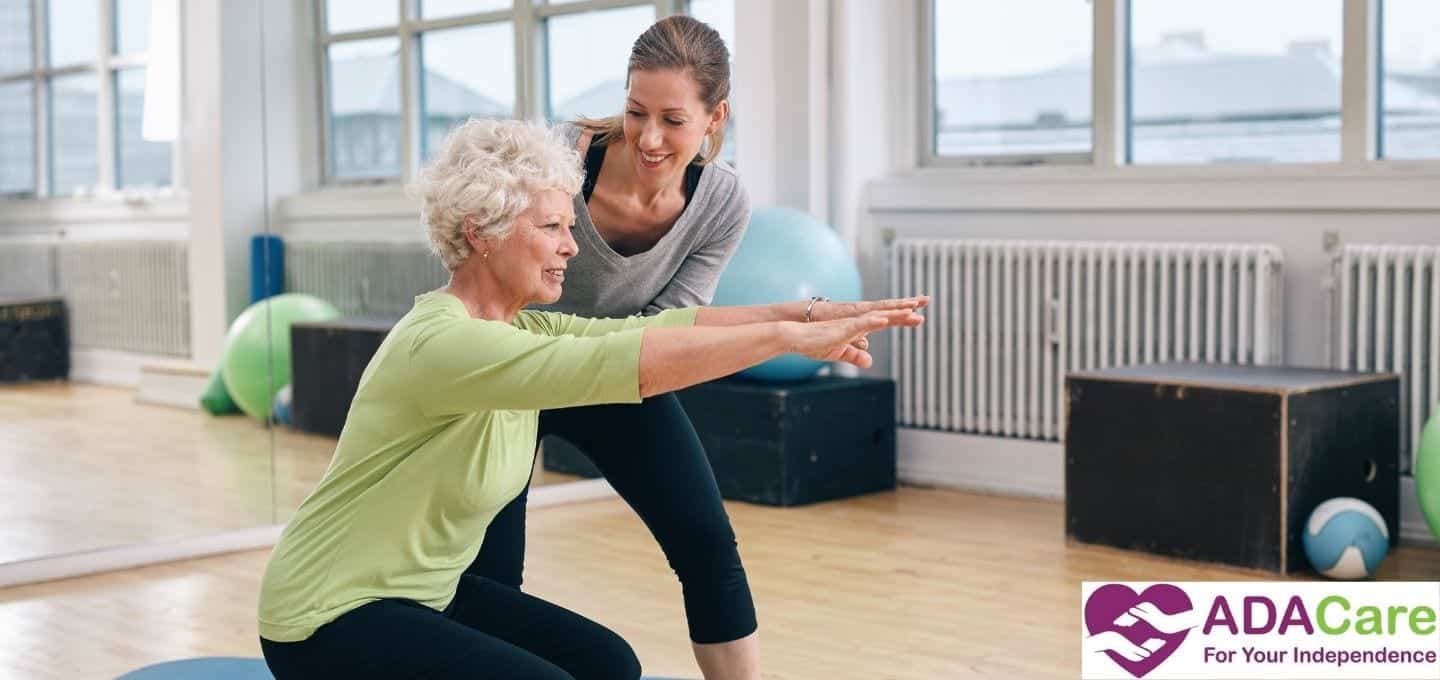Early Signs of Heart Attack in Elderly
The heart is the organ that pumps blood, forming the circulatory system and providing all the other organs with oxygen and nutrients that are essential for life. Three layers are encircling the heart, constructing a wall in the exterior. The myocardium, the heart muscle, is the thickest layer. It contracts continuously, allowing the heart to serve as a pump.
A heart attack, medically known as myocardial infarction, occurs due to a blockage in the arteries feeding the heart and it causes an injury resulting in the death of the muscle cells in the myocardium. The blockage is generally derived from cholesterol plaques or blood clots.
It is necessary to explain how to distinguish a heart attack from cardiac arrest as these two situations are often perplexed. Unlike a heart attack, cardiac arrest is much more vigorous causing the blood flow to stop entirely and oxygenated blood can no longer be delivered to the organs.
It is vital to recognise the heart attack because the treatment should be provided as soon as possible. Thus, the blood flow could be reconditioned and the damage could be diminished before it gets irreversible. Most people are too late to ask for medical help as they don’t think they are going through a heart attack or they are too afraid to report a false alarm that would possibly scare loved ones.
If something is wrong with your heart, would you be able to recognise it?
Early signs of a heart attack could present days or weeks without noticing it is an emergency. The most common symptom is repeated chest pain or discomfort triggered by effort and relieved by rest. Everyone has a different way to express it. Terms frequently used by people consist of heaviness, tightness, pressure, burning, heartburn, squeezing. Talking about chest pain which is increased by touching and breathing, doctors say they become more distant to heart diseases and investigate for other pathologies.
If it is a really hot day and you are running at the seaside, it is perfectly normal that you are sweating. Other than that, feeling hot and sticky accompanying chest discomfort is probably not a good sign, indicating the necessity to ask for medical attention.
It may sound odd to think that arm pain is associated with a heart attack but it is, dramatically. If the pain migrates to the arms, especially the left arm, you need to be alarmed. The same thing is eligible for radiating jaw pain.
Without surprise, fatigue is one of the most common symptoms as well. Studies show us that many heart attack patients report fatigue before the incident. Other common symptoms are shortness of breath, nausea, vomiting.
Heart attack elderly woman
Coronary heart diseases are causing death in almost more than twice as many women as breast cancer and are the leading cause of death in women worldwide. However, it is still much more often in men.
There is some scientific evidence that women tend not to have ‘classical’ symptoms of a heart attack. This means they are less likely to ask for help and acquire the appropriate treatment. Some important differences between the sexes could make it more tricky to reach the diagnosis in women.
It is no wonder women may have undetected heart attacks because the main symptom, chest pain, is less frequent. It is unquestionably the biggest predictor when it comes to heart attacks. Elderly women who have diabetes are particularly at great risk as it causes nerve damage that could increase the possibility of being undetected.
Heart attack in elderly
Diseases of the heart, also known as cardiovascular diseases, are the leading cause of death by far. There are a lot of preventable risk factors such as smoking, sedentary lifestyle, bad diet. Unfortunately, one of them is inevitable: cardiovascular diseases become more prevalent with ageing. Aging causes a lot of differences in the heart and the blood vessels. The stiffness in the arteries is increased as well as the fatty deposits which may possibly cause blockages and eventually heart attacks. However, some actions can be taken to prevent.

Heart attack prevention
At the end of the day, your heart is a muscle and exercise is what strengthens it. Therefore, exercise has great benefits. Stop smoking. It is one of the biggest risk factors for heart diseases.
Have a healthy diet. It should be low in saturated fats, trans fats, cholesterol, salt, sugar.
Alternate water for sugary drinks to decrease calories. Schedule a yearly check-up and follow your doctor’s recommendations. Whether you had a heart attack or you are at the risk, you can consider getting NDIS approved elderly care.
Fill in the form or call us on 02 9232 7055 to reach our NDIS support providers & approved carers.



